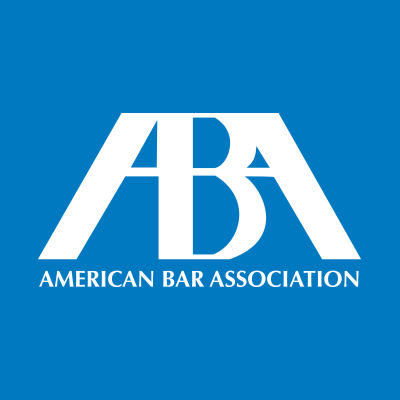ABA cites Bates in letter to lawmaker who wants warning in lawyer ads seeking drug plaintiffs

An ABA working group will consider the First Amendment when it reviews a request for a change in the model ethics rules by the chairman of the House Judiciary Committee, according to ABA President Linda A. Klein.
Klein responded in a March 23 letter (PDF) to the request by U.S. Rep. Bob Goodlatte, R-Virginia, who wants model ethics rules to require a disclaimer in attorney ads that seek plaintiffs who have been injured by medications.
Klein passed along the request to a working group of the ABA’s Standing Committee on Ethics and Professional Responsibility. But she warned that a U.S. Supreme Court decision on commercial speech by lawyers limits lawyer advertising restrictions.
Goodlatte’s March 7 letter (PDF) to Klein cited an American Medical Association resolution that said lawyer ads seeking pharmaceutical plaintiffs often speak about potential complications in an alarming way, leading some patients to stop taking their medications without seeking medical advice.
Goodlatte cited an article in the HeartRhythm Journal that said numerous patients stopped using an anticoagulant drug after seeing legal ads, and two patients died.
The ABA working group is considering three points, Klein said in her letter.
“First,” Klein wrote, “many people are injured or killed each year from taking prescription drugs and would benefit from having a lawyer help them or their families determine whether they are entitled to compensation for the harms caused, and they might not otherwise know where to turn were it not for a lawyer’s advertisement.”
The second point relates to two Supreme Court cases, Klein said. They are Bates v. State Bar of Arizona, a 1977 case that found that lawyer advertising is protected commercial speech under the First Amendment, and Virginia State Pharmacy Board v. Virginia Citizens Consumer Council, a 1976 case that found advertising of prescription drugs by pharmacists was protected by the First Amendment.
“Truthful lawyers’ ads that mention the dangers of drugs or devices are also protected by the First Amendment,” Klein wrote. “Thus state supreme courts (and, therefore, the ABA Model Rules) would need to find a compelling interest to regulate such advertising beyond a concern that some members of the public might misunderstand an advertising message that is not misleading.”
The third point, Klein said, is that false and misleading lawyer advertising already is banned by ethics rules in every state. Every state also has a version of Model Rule 8.4(c), which prohibits lawyers from conduct that involves “dishonesty, fraud, deceit or misrepresentation.”
“This is the same standard that the AMA applies to physician advertising,” she wrote.
To determine whether any particular lawyer ad is false, misleading or deceptive, the proper procedure is to file a complaint with the appropriate state lawyer discipline agency, Klein’s letter said.
“The ABA appreciates your interest in this subject and your concern about individuals who might be harmed when discontinuing a course of medication because a consumer misunderstands a lawyer’s advertisement,” Klein wrote. “We hope that you share our interest in ensuring that individuals who are injured or killed each year by taking prescribed medications, or their survivors, are able to obtain information about their legal rights and engage counsel to seek redress if supported by the law and facts in each case.”



